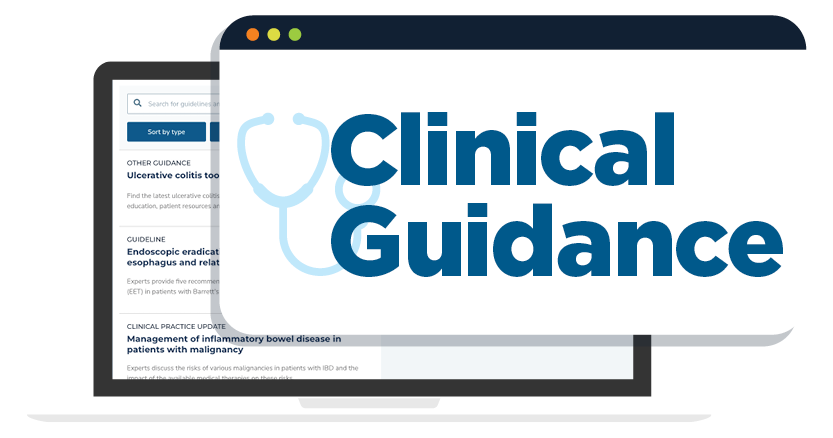1. In patients with biallelic mismatch repair deficiency (BMMRD), surveillance for colorectal cancer (CRC) by colonoscopy is recommended annually beginning at age 6.
2. In patients with BMMRD, annual surveillance for small-bowel cancer by upper endoscopy and video capsule endoscopy is suggested beginning at 8 years of age.
3. In patients with BMMRD, surveillance for brain tumors by brain MRI every 6 months is suggested, commencing at 2 years of age.
4. Complete blood count is suggested every 6 months beginning at 1 year of age.
5. In women with BMMRD, surveillance for endometrial cancer is suggested by transvaginal ultrasound, pelvic examination and endometrial sampling annually starting at age 20 years.
6. In patients with BMMRD, surveillance for cancer of the urinary tract is suggested, with annual urinalysis starting at age 10 years.
7. Given the rarity with which these lesions have been described in BMMRD, no routine surveillance for hepatic adenoma is recommended.
8. Screening for Lynch syndrome (LS)-associated cancers is recommended in persons at risk (first-degree relatives of those affected), or affected with LS following the evidence-based guidelines.












